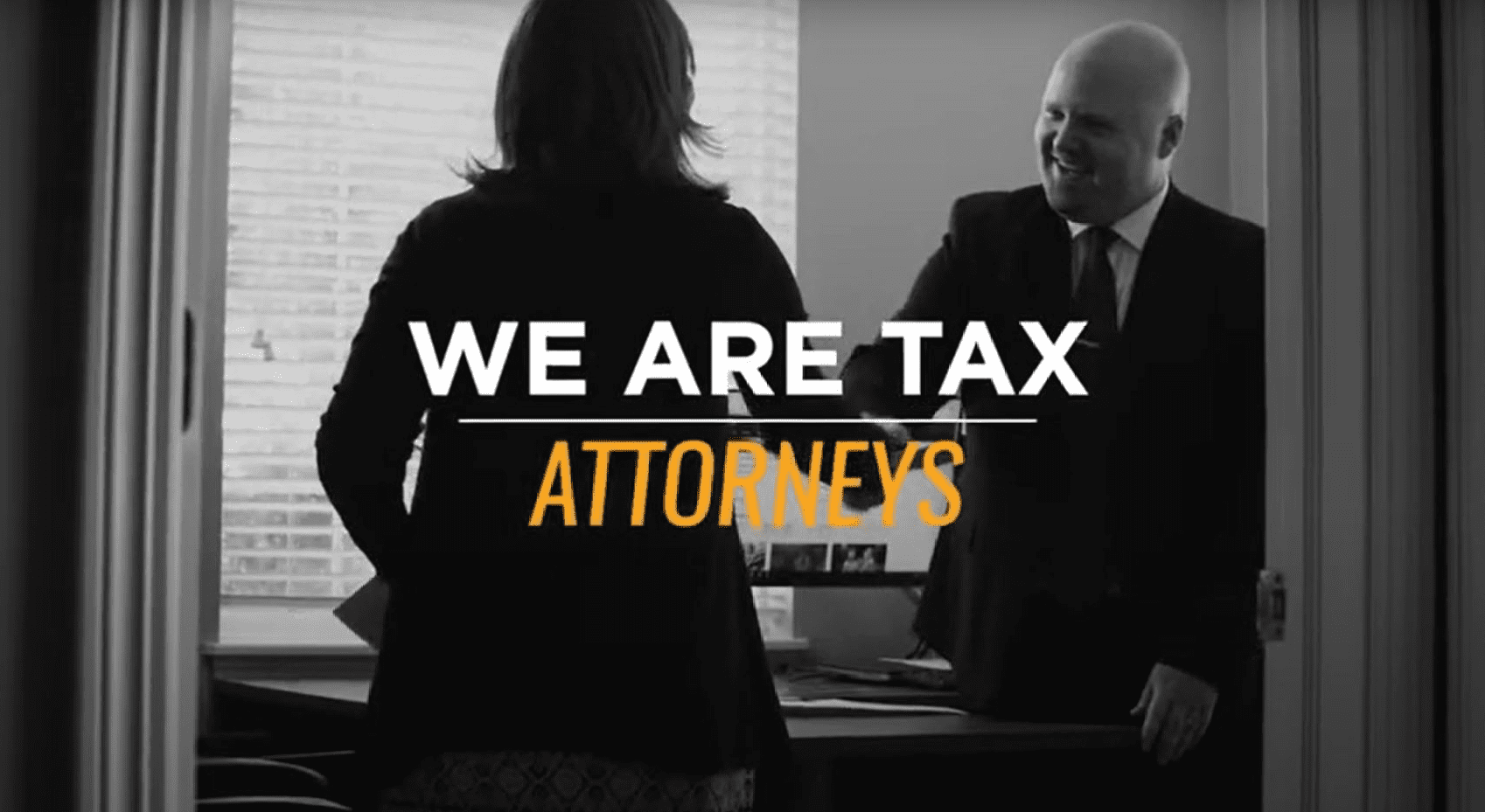IRS Tax Settlement Attorney for Austin, TX*
An IRS Tax Attorney for Austin, TX can help you wipe out your IRS back tax for pennies on the dollar with the IRS Tax Settlement.
The IRS Tax Settlement program allows qualifying taxpayers to settle their back taxes based on what their future income potential and net assets is. It's really more of a calculation.
Check out the four steps of a successful IRS Tax Settlement to understand the process.
Get Help from an IRS Tax Settlement Attorney
See if you qualify for the IRS Tax Settlement
More Information about an IRS Tax Settlement
I do a ton of IRS tax settlements. As an IRS Tax Settlement Attorney, I know the ins and outs of the IRS tax settlement program.
As an IRS tax attorney for Austin, TX, I do a lot of IRS tax settlements. The IRS tax settlement program is an wonderful program. Through a structured IRS tax settlement, you can wipe away your back tax and get the IRS off of your back for good. No matter where the tax came from (trust fund recovery penalty, return filings, audits, etc.), there are really three parts of a successful IRS tax settlement case.
(1) IRS Tax Settlement Qualification (a good IRS tax attorney for Austin knows how important this step is)
This is likely the most important part of an IRS tax settlement. When I get a new client as a tax attorney for Austin, TX, I spend a lot of time with my clients in this stage. Why is this so important?
Well, if you submit a settlement, you generally have to include 20% of your Offer with your settlement. If you end up not qualifying, then you actually forfeit that 20% (it is applied against your tax balance and you don’t get it back). So I spend a lot of time making sure that you actually qualify for the IRS tax settlement.
First, you have to make sure that all of your tax returns are filed (at a minimum, the last 6 years). If they were recently filed, include a copy with the tax settlement as proof. You also have to make sure that you will not owe next year. So, you have to be current with estimated taxes or withholdings.
Next, you cannot be in active bankruptcy and do an IRS tax settlement at the same time. If you have a bankruptcy, make sure that it is closed (discharged, etc.) and that you include proof with your tax settlement.
A good trick that I use as an IRS tax settlement attorney is to pull your IRS transcripts. You can see which years are filed, if there are any bankruptcy codes, and what your estimated tax requirements will be based on the current year’s tax assessments.
(2) Preparing the IRS Tax Settlement
Preparing an IRS tax settlement can feel like a daunting task. First, you must complete the required forms. There are two forms that must be completed. The first is the 433-A (OIC), which is the financial statement. The second is the 656, which is the formal tax settlement form.
In addition, you must include significant documentation to substantiate your financials. The following is an exhaustive list of what may be needed with an IRS tax settlement.
- Recent paystubs (must include the YTD totals)
- 3 months of all bank statements (6, if you are self-employed)
- Mortgage statement
- Vehicle loan/lease statement
- Statements from all investment/retirement accounts
- Recently filed tax returns
- Verification of alimony or child support
- Verification of delinquent state tax
- Proof of life insurance payments
- Proof of estimated tax payments
- Child care expense proof
- Student loan payment verification
- Substantiation of household utilities if you exceed the collection standard
- Substantiation of food/clothing expenses if you exceed the collection standard
- If you are self-employed, include a YTD P&L or the previous Schedule C from your tax return
- Any other substantiation for other claimed expenses
On the tax settlement forms, you will calculate your Offer amount. The amount that the IRS is willing to accept for a tax settlement is the sum of your net asset equity and your annualized remaining future income.
Future income is merely your gross monthly household income less allowed household expenses.
As you can see, there is a lot involved in preparing and submitting an IRS tax settlement. As an IRS tax settlement attorney, I know how to minimize the amount that you have to pay the IRS. There are some tips and tricks that I use to optimize an IRS tax settlement.
(3) Paying the Accepted IRS Tax Settlement
The moment you have been waiting for. The IRS accepts your IRS tax settlement. Now, you have to actually pay it. The first step is to make sure that you mail your payment within 5 months of the acceptance date.
Make sure to put your IRS Offer number on the check with your social security number. Mail the tax settlement check to the address on the acceptance letter. Once that is complete, you should get a notice within 30-60 days that your settlement has been accepted and satisfied.
Now, for the next five years, you must ensure that you are not late on a tax return and do not have a tax balance past the April tax deadline. It is very important to remember that even if you file an extension, your tax is still due by the April tax deadline.
If you default your IRS tax settlement, the back tax will come back and the government will likely file a federal lawsuit against you in federal district court. If you have any questions about this, it is important that you talk with an IRS tax settlement attorney for Austin, TX today.
Austin, as the capital city of Texas, is the 11-th most populous city in the country, and one of the fastest growing cities too. Austin has a strong economic focus on government and education, and has become a center for technology and business.
As an IRS tax settlement attorney, I know Austin, TX! Talk to us today about how to resolve your IRS back tax with an IRS tax settlement.
Try a Tax Settlement with an IRS Tax Settlement Attorney for Austin, TX Today
If you are ready to have an IRS Tax Attorney for Austin look at your case to see if you qualify for an IRS tax settlement, click here to get the process started today. Or call us directly for a free consultation at 346-514-3241.





